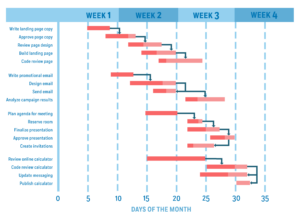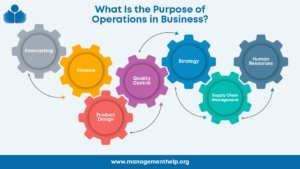One of the things which I have noticed since living in Japan over the last 3 months is how much plastic there is. Everything seems to come wrapped in the stuff, even if it already comes with a more than adequate natural packaging – bananas for example. At the supermarket, a piece of fish wrapped in plastic is given its own plastic bag at the checkout and then another plastic bag for all of the groceries. Three layers of plastic then for good measure.
All this plastic got me thinking about green project management and whether environmental concerns can be better integrated into mainstream project management. Although to give them credit, the local government here does take recycling waste very seriously. There are bins everywhere – one for plastic, one for paper, one for tin cans, another for glass, and one for the stuff which cannot be recycled. But aren’t we doing things the wrong way round? Rather than producing a whole lot of plastic and then collecting and recycling it, wouldn’t it be better if we didn’t produce as much in the first place?
After thinking this through, I think it’s time to add another aspect to a project’s performance – sustainability and the project’s contribution to it. If we can set targets for sustainability on our projects, we can work towards a more secure future on this planet for our children. For example, when you procure resources on your project, do know if they come from a sustainable source? The paper which you use in your office – does it come from a managed plantation, or from trees felled in a tropical rainforest?
Hang on a minute I hear you say. The shareholders and executives in my company only care about the bottom line and therefore it’s my duty to buy resources in an efficient way. If buying resources from sustainable sources costs more, then it’s not going to happen. This is certainly true. In a commercial organization, the project needs to show a return on investment, but in non-commercial projects this isn’t necessarily the case.
It’s also true that we have probably always sourced things based upon cost, so doing things which are more costly just isn’t going to happen. I think this is where education plays a part.
Project Managers who are concerned about sustainability can now gain knowledge and accreditation in green project management. A quick Google of sustainable project management also revealed this book which looks like a really interesting read. It’s on my list of books to read in the coming months.
By Project Managers gaining more knowledge of sustainability in relation to project management, they can begin to educate corporate executives why setting sustainability targets on projects can only be a good thing.
 Sections of this topic
Sections of this topic














